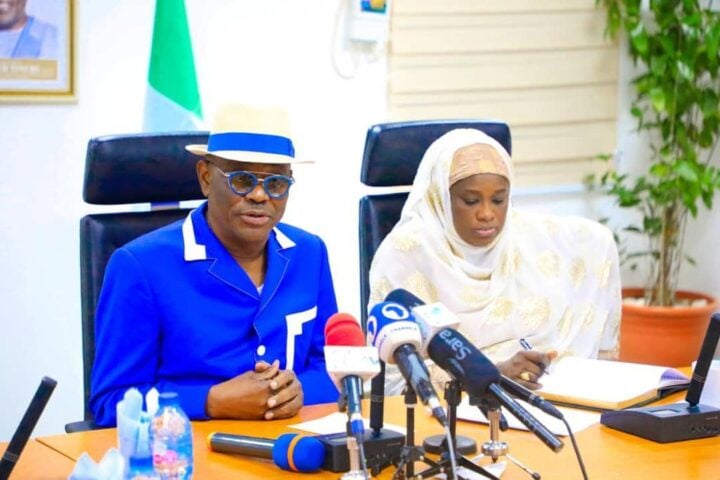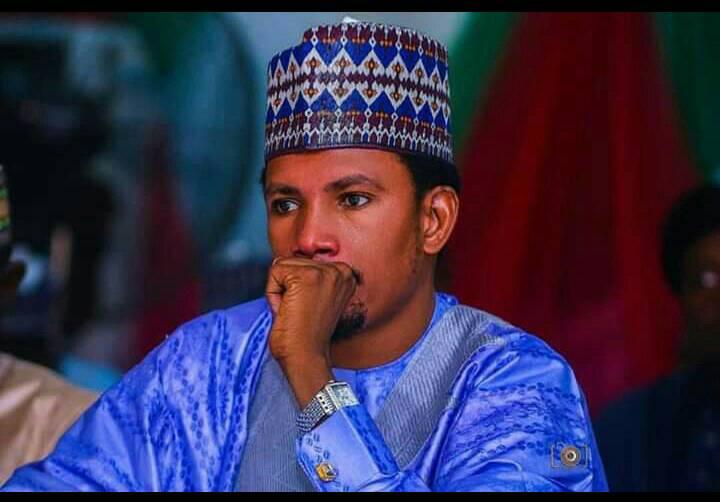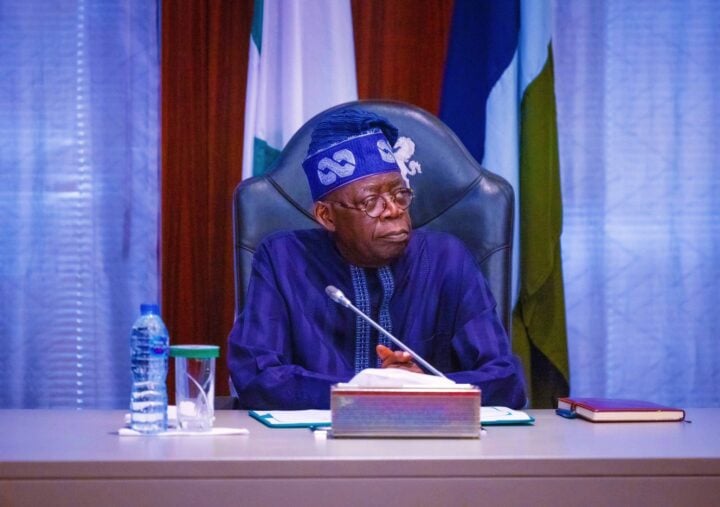The appointment of a 24-year-old, Imam Kashim Imam, to be the chairman of the board of directors of the Federal Roads Maintenance Agency (FERMA) last week drew a storm in the media space.
Many questioned how a 24-year-old could lead a sensitive agency like FERMA. The irony of the situation was that the people who had been clamoring for more youth participation in government were the same ones condemning this appointment.
After much uproar, President Bola Tinubu withdrew the nomination on Thursday reigniting the ongoing debate about the balance between competence and experience in leadership positions.
Imam Kashim Imam’s qualifications as a first-class graduate and a master’s degree holder raised eyebrows, yet the traditional expectation is that a chairman of such an agency should have at least 10 years of experience in the field.
Advertisement
This incident underscores the perennial question: when should we prioritise competence, and when should we prioritise experience? It seems that our preferences oscillate based on the situation and our immediate interests.
I firmly believe that capacity and competence are not confined to any particular age group. I have witnessed competent and capable young individuals, just as I have seen inept ones. Similarly, there are competent older individuals, but also those who lack the necessary skills for their roles.
Before 1999, the majority of our leaders, whether civilian or military, were under the age of 55 when they assumed leadership positions in the country. This era saw leaders like Johnson Aguiyi-Ironsi, Yakubu Gowon, Murtala Mohammed, Olusegun Obasanjo, Shehu Shagari, Muhammadu Buhari, Ibrahim Babangida, Sani Abacha, and Abdulsalami Abubakar, who took the reins of power at relatively young ages.
Advertisement
One might ask whether this generation of youthful leaders altered the trajectory of the nation. It’s arguable that their ages did not drastically change the course of history.
In contrast, post-1999, we began to witness leaders who were well into their 50s. The question that arises is whether the shift towards older leaders has been beneficial for the country. Are the leaders who gained power in their later years more effective in steering Nigeria in the right direction? These are questions that merit consideration.
While in some countries, individuals in their 20s can become chief executive officers of Fortune 500 companies, Nigeria often perceives such young leaders as inexperienced.
This contrasting approach to leadership appointments highlights a larger problem: the tendency to stereotype and underestimate the capabilities of the younger generation.
Advertisement
It might be time for Nigeria to shift its emphasis away from age-based restrictions and prioritise capacity and competence.
A nation in dire straits demands urgent measures to alter its course. Nigeria is no exception. The need for a mix of capacity and experience in its leadership is evident. The President, as one person, cannot single-handedly transform the nation. The country requires individuals with competence and skills at every level of government to accelerate growth and development.
As we look at the intricate interplay between competence and experience, it’s essential to recognize that both have their places. However, one should not be prioritised at the expense of the other. A nuanced approach is required, which considers the unique demands of each position and the qualifications of the individual being appointed.
Competence should always be a primary factor in the selection of leaders, regardless of age. A competent individual brings the knowledge, skills, and vision required to lead effectively. They understand the nuances of the field and have the ability to navigate complex issues.
Advertisement
Experience, on the other hand, adds a layer of practical wisdom. It’s the knowledge gained through years of working in a particular domain.
Experience can provide valuable insights, especially in roles where historical context and industry-specific knowledge are crucial.
Advertisement
The key is to strike a balance. Some roles might require more experience than others due to their complexity and the stakes involved. For instance, appointing a young and relatively inexperienced individual to a critical position like the head of a major federal agency may raise concerns. However, if that individual possesses extraordinary competence and a deep understanding of the sector, it should not be automatically dismissed based on age.
We must also recognise that leadership is not a one-size-fits-all concept. Different positions within the government, public service, or private sector demand various sets of skills and qualifications.
Advertisement
While a young and dynamic leader might excel in one role, another role might necessitate the seasoned judgment of someone with years of experience. It’s about matching the right person to the right job.
The international landscape is replete with examples of both young and seasoned leaders who have left their marks on their respective nations. It’s not solely about age; it’s about what each leader brings to the table.
Advertisement
Take, for example, the case of Emmanuel Macron, who became the President of France at the age of 39. His election was a testament to his competence and the vision he had for his country.
On the other hand, leaders like Angela Merkel and Winston Churchill assumed leadership roles later in life, but their experience and wisdom played pivotal roles in their ability to navigate tumultuous periods in history.
In the case of Nigeria, history has shown that both youthful leaders and those with more experience have contributed to the nation’s development. The era of younger leaders in the mid-20th century saw efforts to shape the country’s future, while leaders who assumed power later brought their wealth of knowledge to bear on complex issues.
The critical factor, regardless of age, is the dedication to the betterment of Nigeria and the ability to effectively address the myriad challenges it faces. It’s not enough to simply appoint a leader based on age, academic qualifications, or experience. The individual’s commitment to public service, their vision for the nation, and their capacity to deliver results are equally, if not more, important.
Moreover, the world is evolving at an unprecedented pace. The challenges and opportunities facing nations today are vastly different from those of the past. With technological advancements, global interconnectedness, and rapidly changing economic landscapes, it’s crucial to have leaders who can adapt and innovate.
In this dynamic environment, competence becomes even more crucial. Leaders must not only understand the complexities of their roles but also have the capacity to embrace change, harness new technologies, and chart new paths for their countries. It’s not a matter of age; it’s a matter of mindset and adaptability.
To illustrate this, consider the emergence of tech-savvy entrepreneurs and leaders worldwide. Many of these individuals are in their 30s or 40s. They have harnessed the power of innovation to disrupt industries, create jobs, and drive economic growth. Their competence and vision have propelled their nations forward.
Nigeria, too, can benefit from such leadership. The country is at a crossroads, facing a range of challenges, from economic disparities and infrastructure deficiencies to security concerns and environmental issues. These issues require leaders who can think creatively, employ the latest technologies, and collaborate across sectors to find sustainable solutions.
In the case of Imam Kashim Imam, his appointment drew attention because it challenged conventional norms. However, it also highlighted the importance of recognizing merit regardless of age. If he possessed the competence and knowledge needed to lead FERMA effectively, his age should not have been a hindrance.
In this age of information and innovation, the traditional yardstick for leadership appointments may need to evolve.
Nigeria’s leaders should be drawn from a pool of individuals who exhibit both competence and a strong sense of public service. They should be individuals who can work collaboratively, adapt to the changing landscape.
Views expressed by contributors are strictly personal and not of TheCable.
Add a comment







